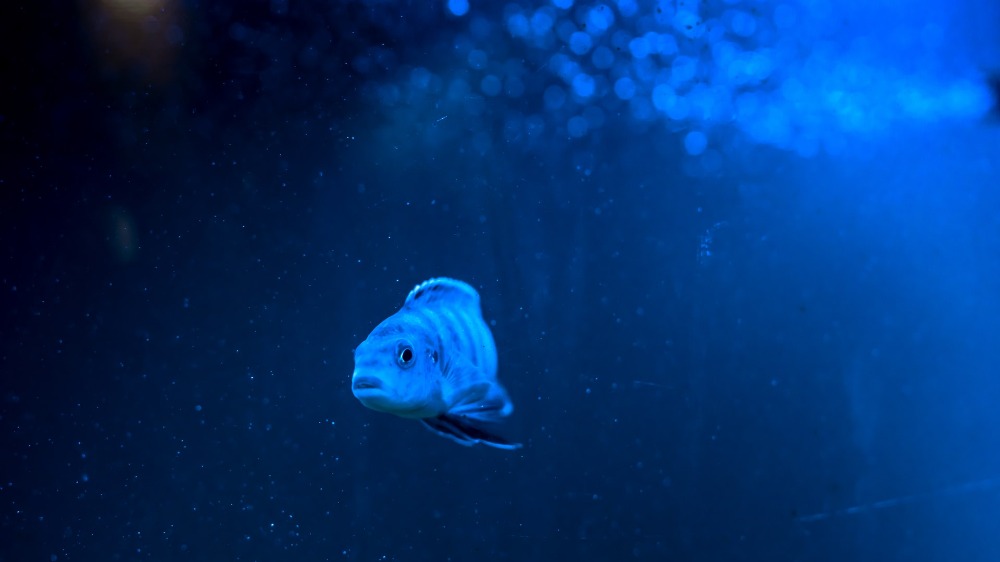Weird Science
There is more to effective science on a superyacht than simply participating…
An increasing number of superyachts are conducting scientific research on board as part of a boss trip or charter. With an increased level of environmental awareness globally, it is natural to expect that the owners and charterers of superyachts will also act on their responsibility to contribute positively. Scientific research certainly sounds like the perfect way to do exactly that when conducted well.
Specialists in scientific exploration can provide incredible experiences, both for the guests and the quality of research for the scientists. I think no further than the Five Deeps Expedition(s) for a great example of what can be achieved with enough planning and willingness to interact with the rigours of the science involved. But in my experience, a lot of science onboard falls short of being truly valuable, which is a waste of a tremendous resource.
The problem I have observed at sea and via first-hand accounts from other superyachts in similar positions is that the process is very rarely smooth, both in terms of the quality of research conducted and the experience of the guests onboard. This leads to a discrepancy between expectation and reality, attributable to the fact that there are some fundamental incompatibilities between the scientific method and guest-on superyacht operations, all of which may not be conveyed to guests and crew before a trip.
The reality of research is that more often than not, you see nothing. This is an important scientific principle in itself. Concepts such as the null hypothesis, whereby the opposite of the set-out objective is observed, are just as theoretically important as action-packed days on the water. The lack of observation of a target species, or inability to capture and tag another, is valuable feedback, but it does not necessarily lend itself to a memorable charter for guests.
Put simply; science is dull most of the time. I say this as a passionate advocate of the discipline. I say that as a graduate in Biological Science, who, when asked through most of his life, would have answered unequivocally that the only thing he wanted to be was a marine biologist. Discovering that superyachting and science can directly interact, and having the chance to be a part of it, was a literal dream come true for me. But often what I observed is that what sounds great on paper and what can realistically be achieved within the operational constraints of a guest-on charter are very different, and can adversely affect the outcome of both.
In many cases, a vessel with guests on cannot effectively manage a cohort of researchers. There are also not many areas on a typical superyacht that are set up to conduct the messy business of research. In my experience, most of the time is spent on inductions for the researchers, followed by re-inductions to reinforce the first inductions and a lot of stress about the condition of the yacht in the face of some fairly invasive and improvised research. Introducing a 3rd group onboard; not quite guests and not quite crew, was always a challenge. All of which is taking place while trying to also maintain the guest experience and activities to a high level. Cleaning the shark blood out of a tender is a welcome part of the experience for some of us, but it does make it harder to have the tender ready to take the kids for water sports without traumatising them.
As it was put to me by an experienced expedition leader in the Pacific, “it is very rare to have a guest that is genuinely interested in a research project beyond the first few hours - it is too complected to try and manage both simultaneously.” The push to find exciting trips to do the research on leads to a selection bias towards tropical locations and exciting species. I have been a part of many shark & manta ray focused trips, but no invertebrate surveys, for example, despite the theoretical need for both.
As an incentive, the use of scientists is already employed in many regions. On my last trip to the Galapagos, we were able to access many areas that were off-limits to most visiting vessels, due to the fact that we had researchers on board. The ability to introduce influential individuals to researchers, in many cases desperately needed funding, can make these trips worthwhile from that fact alone; however, if not handled correctly, I feel that often the experience has an adverse effect for both, and in many cases, does not offset the impact of large superyachts operating the regions that need the research.
True scientific research superyachts such as the recently delayed REV Ocean, and the more established M.V Alucia, of Blue Planet fame sit at the far end of the spectrum regarding conducting effective research. The vast majority of the fleet is not equipped to this level, and their ability to contribute to academic research is considerably less. Interaction with researchers is a significant first step, but simply implying that conducting this research is a net positive for the ocean and the industry is an oversimplification.
When a scientific trip is proposed, guests need to be made fully aware of what is involved in order for the trip to be a success, not just in terms of their enjoyment but also with respect to the value of the time of the scientists on board. Running entirely separate trips with a dedicated small research vessel is one solution, thereby broadening the scope of the potential research and enabling the guests to interact in a limited way whilst allowing research to continue primarily uninterrupted. Another would be to focus on more passive means of interaction with the scientific community that don’t necessarily involve scientists onboard, such as through citizen science observations. Overall, a recognition of the multifaceted considerations that underpin effective research and the need to comprehensively plan each trip with this in mind, is paramount.
Lifting the baseline understanding of what is genuinely involved in scientific research early on in the process with guests and crew is very important to a successful trip. Encouraging an honest assessment of the benefits of the research and looking at alternatives that can effectively utilise the time of the scientists and crew will lift the experience for all while also providing the best possible guest experience. Simply having scientists on board and improvising the charter and the research is not enough. Effective planning and consultation with scientific expedition experts, followed by honest communications with guests and crew, is vital. We continue to have an incredible resource for positive change at our disposal, let us use it as efficiently as possible.
NEW: Sign up for SuperyachtNewsweek!
Get the latest weekly news, in-depth reports, intelligence, and strategic insights, delivered directly from The Superyacht Group's editors and market analysts.
Stay at the forefront of the superyacht industry with SuperyachtNewsweek
Click here to become part of The Superyacht Group community, and join us in our mission to make this industry accessible to all, and prosperous for the long-term. We are offering access to the superyacht industry’s most comprehensive and longstanding archive of business-critical information, as well as a comprehensive, real-time superyacht fleet database, for just £10 per month, because we are One Industry with One Mission. Sign up here.
Related news
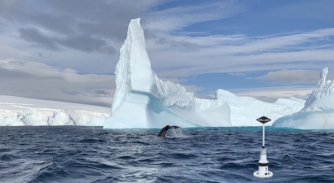
Putting an ear to the ocean
Michel André discusses the technology available to owners wanting to better understand marine life
Owner
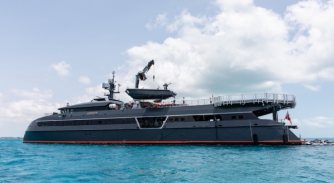
Top 10 reasons you need a ShadowCat Support Superyacht
ShadowCat superyachts are more than a typical support vessel
Technology

What is the true cost of setting the anchor?
A war is taking place on the seafloor between anchor chain and coral reef, and the chain is winning
Crew
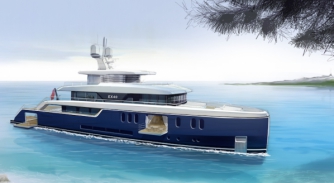
Uros Pavasovic Studio unveils new concepts
Uros Pavasovic Studio celebrates its first anniversary with the release of two new superyacht concepts
Design
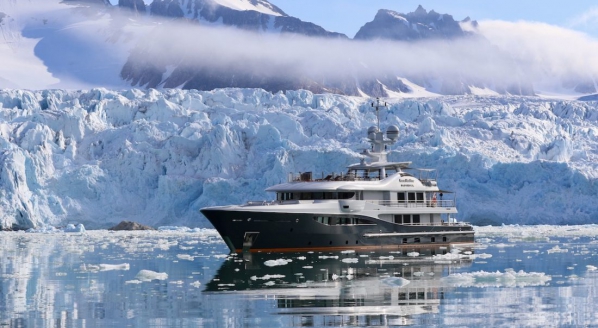
'Gene Machine' becomes production site for COVID-19 home-testing kit
The motoryacht's owner has spent lockdown developing a rapid-response COVID-19 test kit
Owner
Related news
Putting an ear to the ocean
4 years ago
What is the true cost of setting the anchor?
4 years ago
Uros Pavasovic Studio unveils new concepts
4 years ago
NEW: Sign up for
SuperyachtNewsweek!
Get the latest weekly news, in-depth reports, intelligence, and strategic insights, delivered directly from The Superyacht Group's editors and market analysts.
Stay at the forefront of the superyacht industry with SuperyachtNewsweek


